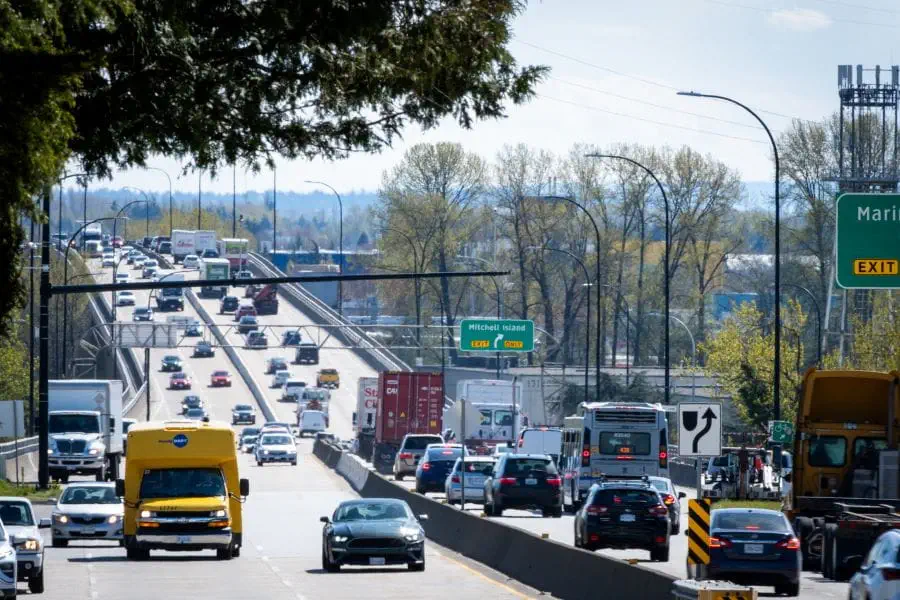TransLink Initiative to Streamline Trucking Standards in Metro Vancouver
TransLink, the transportation network for Vancouver encompassing public transit, major roads, and bridges, has introduced a new initiative aimed at standardizing trucking regulations across Metro Vancouver. The goal is to reduce costs and simplify the permitting process for commercial vehicles operating in the area.
Historically, inconsistent rules across different municipalities have posed challenges for transport trucks, necessitating individual permits and restricting access to certain routes depending on local size and weight definitions. According to TransLink’s press release, the new regional standards, created in collaboration with local governments and industry partners, will harmonize these regulations, making it easier for trucking companies to operate across municipal lines.
If these standards are fully implemented, they will define a heavy truck as any vehicle with a gross weight exceeding 11,793 kilograms. This change has already been adopted by approximately 98% of municipalities in Metro Vancouver. Additionally, nearly half of the local governments have aligned their regulations concerning oversized and overweight vehicles, a process anticipated to be finalized within the upcoming year.
Additionally, TransLink is working on a regional permit manual meant to assist both carriers and municipal personnel. Currently, each municipality issues its own permits with varying requirements, including travel time restrictions. The new standards aim to enhance the regional permitting process, which TransLink expects to be fully adopted within the next year.
“As uncertainty regarding international trade increases, enhancing local goods movement directly supports Metro Vancouver’s consumers and businesses,” stated TransLink CEO Kevin Quinn in the announcement. “A more efficient transportation network is crucial for overcoming challenges and building a stronger economy in our region.”
The effort to harmonize regulations is anticipated to minimize costly infrastructure strikes, such as trucks colliding with overpasses or trolley wires, which have previously hindered traffic and freight movement.
“These modifications will simplify the regional transportation process and ensure more dependable cargo transit throughout Metro Vancouver,” commented Dave Earle, president and CEO of the B.C. Trucking Association. “This essential work will enhance understanding, compliance, and safety in our industry.”
The changes are being coordinated through the Commercial Vehicle Working Group, which comprises representatives from TransLink, the B.C. Ministry of Transportation and Infrastructure, Transport Canada, Metro Vancouver, local governments, and industry stakeholders including the B.C. Trucking Association, Vancouver Fraser Port Authority, and Vancouver International Airport.


